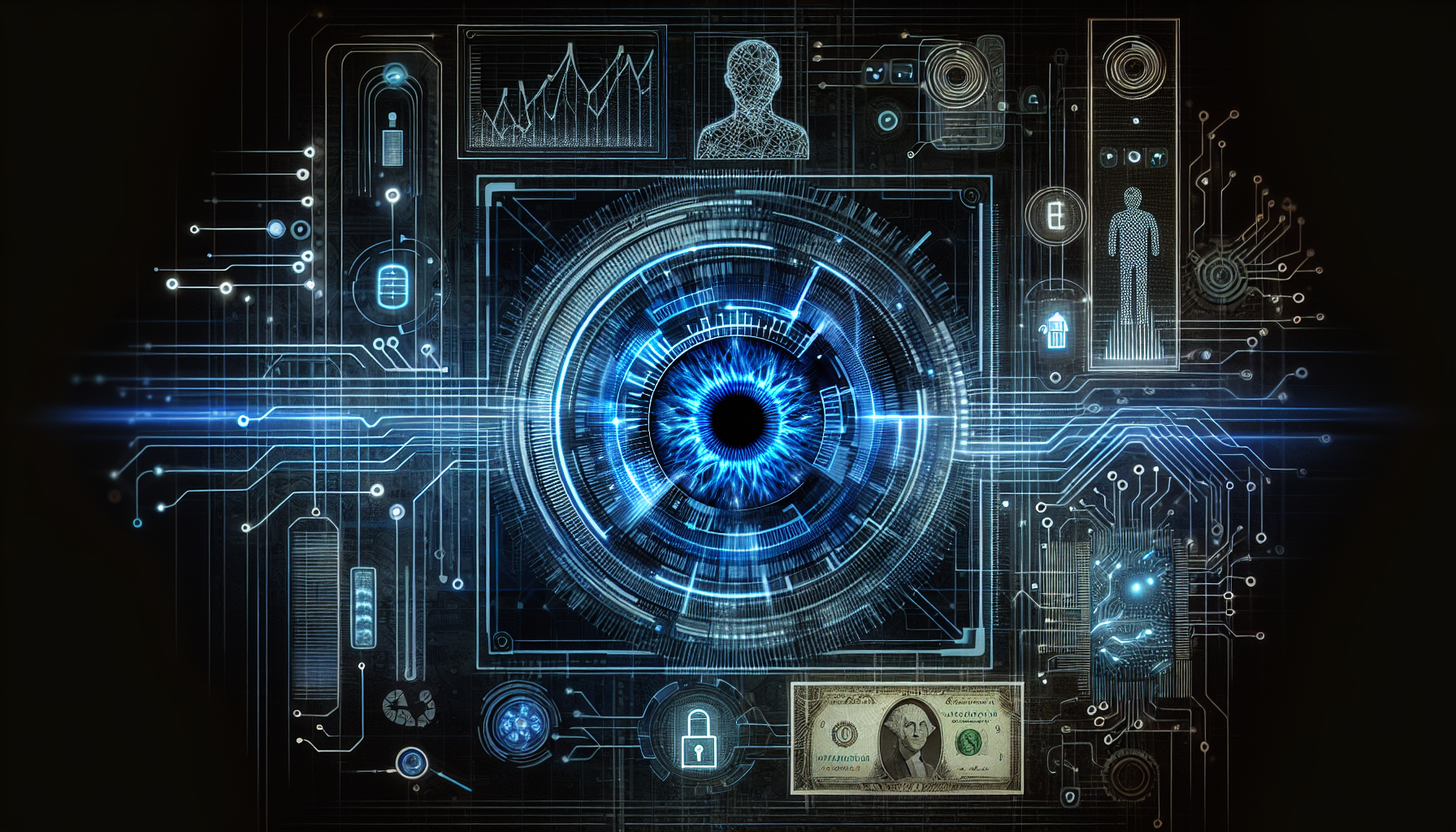Reddit is reportedly considering using iris-scanning technology developed by World, a project co-founded by OpenAI CEO Sam Altman, to verify users on its platform. Sources familiar with the matter told Semafor that Reddit is in talks to adopt World ID as a way for users to prove their uniqueness while remaining anonymous. The news has sparked significant backlash from Reddit users, with many expressing concerns over privacy and the potential loss of anonymity.
Some users have stated they would delete their accounts or move to another platform if the system is implemented. “Should I be happy that Reddit may enter the crypto space or sad that they want to verify us by a method we already declined when [World] was launched?” Reddit user Savi321 questioned. World’s biometric orbs have faced criticism from industry advocates and policymakers, some of whom have sought to ban the project’s data collection practices.
Reddit privacy concerns with World ID
Despite this, over 12 million people had scanned their irises using the orbs as of May. Reddit CEO Steve Huffman addressed regulatory requirements in a May post, emphasizing the need for additional user information to address age verification and artificial intelligence concerns.
Huffman assured users that while Reddit requires confirmation of their humanity and, in some cases, their adulthood, it does not seek to know their identities. He said the platform plans to work with third-party services to obtain only the essential information. The potential move by Reddit comes as other companies, such as the Match Group, which owns dating apps Tinder and Hinge, have announced plans to pilot the World ID system.
Visa has also introduced a credit card for users who have completed the iris scan verification. The discussions around Reddit’s possible adoption of World ID have reignited debates about privacy, data security, and the balance between technological innovation and user rights in the digital age.

